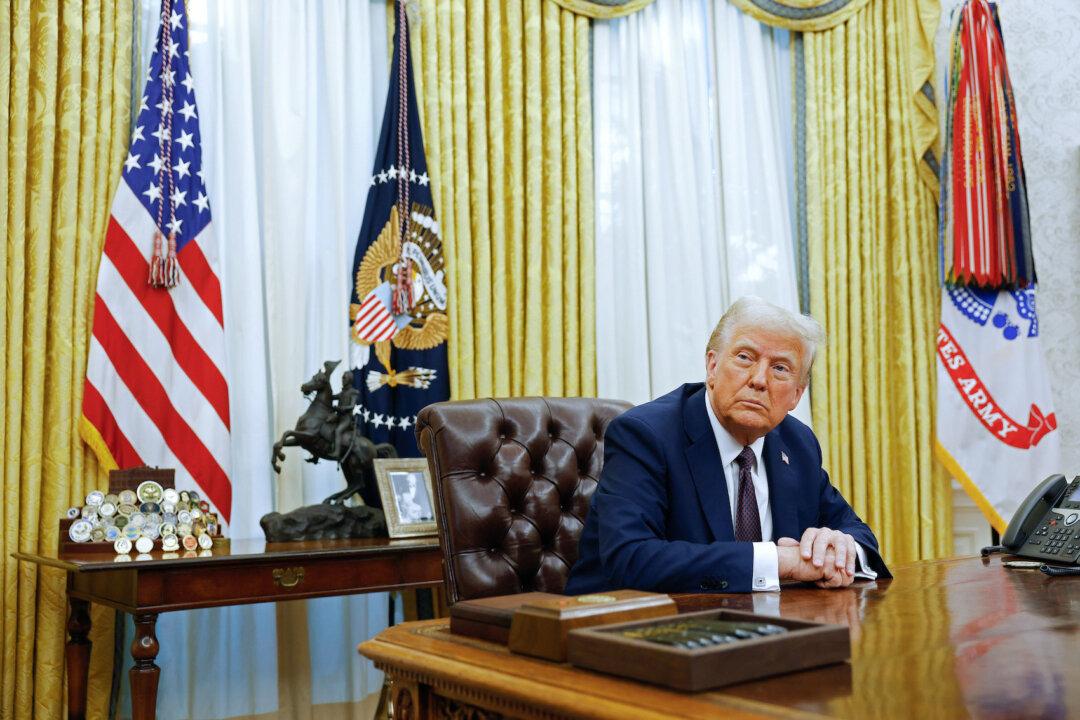President Donald Trump said on Feb. 11 that he would abide by court rulings blocking his agenda, but would also appeal them in hopes that higher courts will reverse those decisions in his favor.
“I always abide by the courts ... and we'll appeal, but appeals take a long time,” Trump said from the Oval Office. His comments came amid dozens of lawsuits challenging his administration’s actions. Many have resulted in judges issuing orders that block certain activities by his administration.





